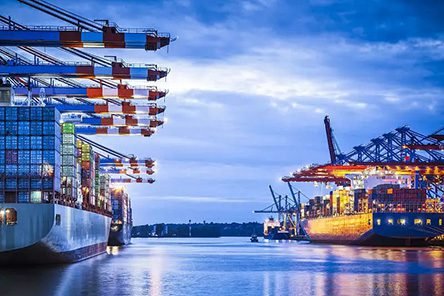International Trade Terms
International trade term (Trade Term), also known as price terms, are specialized terms used to indicate the composition of the transaction price and delivery conditions, and to determine the division of risks, liabilities, and costs between buyers and sellers, arising from a long-term international trade practice, follow international shipping agreements.
About INCOTERMS
The current prevailing international trade practice is mainly the International Rules for the Interpretation of Trade Terms (INCOTERMS). 2020 Edition Incoterms® is essential in modern international trade. It is a global standard of trade terms that helps traders, lawyers, shippers, and insurers when importing, exporting, and shipping goods.Incoterms® is a registered trademark of the International Chamber of Commerce. Further details and official texts of the Incoterms® rules can be found on the official website of the International Chamber of Commerce (https://2go.iccwbo.org/).
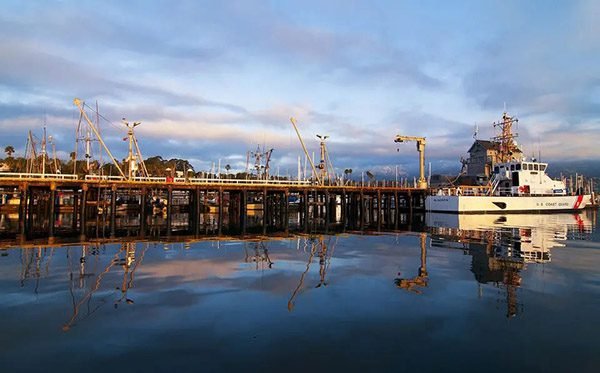
The Incoterms® rules are created and published by the International Chamber of Commerce (ICC) and are revised every ten years. The ICC announced the 2020 rule update in September 2019.
The 11 rules are divided into two groups: the first seven rules apply to all modes of transport, while the last four rules apply only to maritime and inland waterway transport. If as a wholesaler, shipping agreements play an important role in your sales and distribution process.
(1)The rules applicable to any mode of transport include.
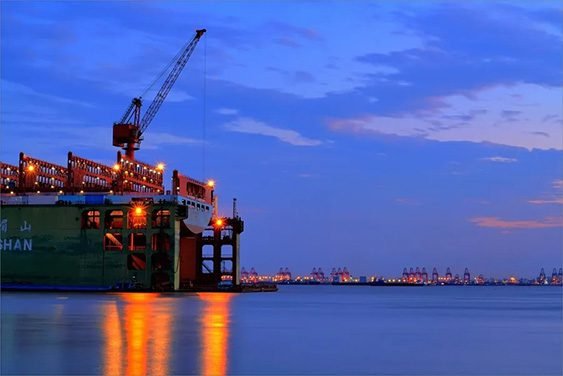
EXW (Ex Works): Factory Delivery
FCA (Free Carrier): Free Carrier
CPT (Carriage Paid To): Freight Paid to
CIP (Carriage and Insurance Paid to): Freight costs and Insurance costs
DAP (Delivered At Place): Delivered at Place
DPU: Delivered at Place Unloaded: Delivery at Place of Unloading NEW
DDP (Delivered Duty Paid): Delivered after duty paid
(2)Rules apply only to maritime and inland waterway transport include.
FAS (Free Alongside Ship): Ship-side delivery
FOB (Free on Board): Delivery on board
CFR (Cost and Freight): Cost and Freight charges
CIF (Cost Insurance and Freight): Cost Insurance costs and Freight
The primary role of trade terms
Incoterms play an active role in international trade, mainly in the following aspects.
(A) Conducive to buyers and sellers to simplify the procedures for negotiating transactions and concluding contracts. Because each trade term has its specific meaning, so the buyer and seller as long as the agreement according to what trade terms deal, can clarify each other in the handover of goods should bear the responsibility, costs, and risks. This simplifies the transaction procedures and shortens the time for negotiation and transaction, which is conducive to the buyer and seller to quickly reach a deal and enter into a contract.
(B) Conducive to the buyer and seller to account for prices and costs. As the terminology indicates the price components, so buyers and sellers to determine the price of the transaction, it is inevitable to consider the use of trade terms including which subsidiary costs, which is conducive to buyers and sellers to compare prices and strengthen cost accounting.
(C) Conducive to the settlement of disputes in the performance of the contract. When the buyer and seller negotiate the contract, such as the contract terms are not well thought out, and some matters are not clear or incomplete, resulting in the performance of the dispute can not be resolved by the provisions of the contract, in this case, the general interpretation of trade terms can be invoked to deal with. Because the general interpretation of trade terms has become international practice, it is a similar code of conduct followed by everyone.
(D) Conducive to other relevant institutions to carry out business activities. International trade activities, can not be separated from the shipping company, insurance companies, banks, and other institutions and trade terms and the interpretation of the international practice of trade terms have emerged one after another, it provides an objective basis and favorable conditions for these institutions to carry out business activities and deal with the problems in business practice.

CIF and FOB terminology description
(1) FOB: is the abbreviation of Free on Board or Freight on Board, which means “Free on Board at the port of shipment (Designated port of shipment-FOB destination)”. As FOB agreement. Using the FOB shipping agreement, the seller shall be responsible for the export customs clearance procedures, in the port of shipment specified in the contract and within the specified period, the goods will be delivered to the ship assigned by the buyer, Before the port of shipment goes over the ship’s rail, the seller assumes responsibility and notifies the buyer promptly. After this, the buyer assumes responsibility and achieves responsibility transfers.
(2) CIF: the abbreviation of “Cost Insurance and Freight”, as CIF contract, which means “cost plus insurance and freight” in Chinese. Using the CIF trade agreement, the seller is responsible for chartering and paying freight to the final destination port according to the usual conditions, loading the goods onto the ship within the contracted port of shipment and shipment period, and taking care of the cargo transportation insurance and paying the insurance premium.
The CIF and FOB price composition

The price components of FOB and CIF two international commerce terms are only applicable to sea or inland waterway transportation. The price composition usually includes 3 aspects: cost of goods, costs, and net profit. The accounting of costs is the most complex, including domestic and foreign costs.
Domestic costs are.
1. Processing and finishing costs.
2. Packaging costs.
3. Storage costs (including warehouse rent, fire insurance, etc.)
4. Domestic transportation costs (warehouse to dock).
5. Document costs (including commodity inspection fees, notary fees, consular visa fees, certificate of origin fees, license fees, customs declaration fees, etc.).
6. Loading fees (loading, hoisting, and barge fees, etc.)
7. Bank charges (discount interest, fees, etc.)
8. Expected losses (wear and tear, shortage, leakage, breakage, deterioration, etc.).
9. Postage (telegraph, telex, mail, and other charges).
Foreign costs are mainly.
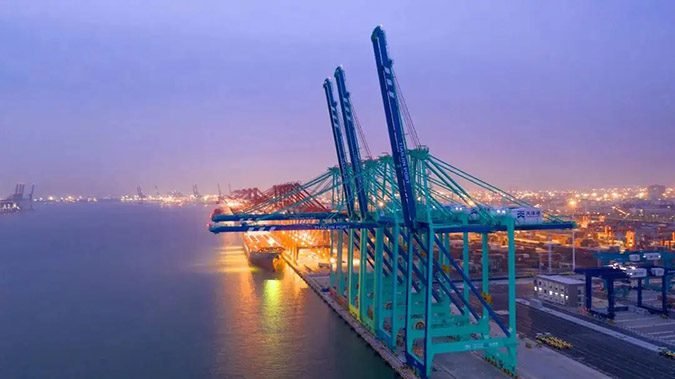
1. Foreign freight (sea transport costs from the port of shipment to the port of destination).
2. Foreign insurance (insurance for the carriage of goods by sea).
3. If there are intermediaries, also includes the commission paid to the intermediaries.
The calculation formula is as follows.
FOB price = incoming cost price + domestic costs + net profit
CIF price = cost of goods + domestic costs + foreign freight + foreign insurance + net profit
Similarities between FOB vs CIF
1. The place of delivery of these terms and conditions is at the port of shipment, and they all apply to the mode of water transportation.
2. Even if the CIF is responsible for the cost of insurance, the transfer of risk is the port of shipment ship’s rail as the boundary. In other words, after the ship’s side, there is nothing to do with the seller.
3. To clarify the loading or unloading costs of the burden of the issue, but also to make the complex transactions simple, these two terms have their corresponding deformation.
4. The contract concluded by these terms is all shipping contracts (shipping contracts).
The major difference between CIF and FOB:
1. The two trade terms refer to the nature of the port as different: FOB after the port refers to the port of the seller’s country, while CIF after the port refers to the buyer’s country port.
2. The cost composition is different: FOB refers to the cost price, also known as FOB origin. FOB price = the cost of goods + domestic costs + net profit. life is based on the FOB price plus freight charges and insurance. CIF price = the cost of goods + domestic costs + foreign shipping costs + foreign insurance + net profit.
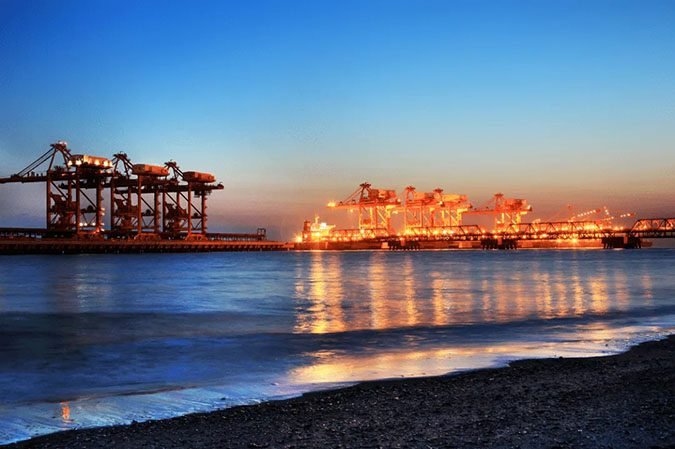
3. Insurance payment and handling different: FOB insurance by the buyer, the seller shall notify the buyer before loading; the seller pays CIF insurance and pays the insurance premium, the seller according to the terms of the contract, insurance terms for insurance, and insurance policy to the buyer.
4. Chartering and booking different: FOB price by the buyer to specify the shipping company/shipping agency company or even freight forwarding company to arrange to ship, the buyer can timely charter booking, will affect the timely delivery of the seller and the bank delivery, etc. CIF price by the seller’s independent choice of shipping company or freight forwarder. The seller loads the goods on the freight vessel of the buyer’s nomination.
5. Shipping notice to inform the buyer of the time is different: FOB loading notice should be reported to the buyer before loading, loading content, and loading details so that the buyer has sufficient time for marine insurance of goods. And CIF is insured by the seller and can inform the buyer of shipping notice within a few days after shipment.
6. Bear the risk of force majeure is different: in the CIF term is the seller for insurance, insured at the port of departure, and in the case of customer refusal to pay the return, the seller can claim from the local insurance company with the policy. In the FOB case is the buyer for insurance, the policy in the hands of the buyer, the insurance company, and most of the foreign, the seller is difficult to claim from the insurance company, in the FOB terms of trade, the seller to find the buyer specified charter booking shipping company/shipping agent timely and accurate evidence is more difficult.
If you need to know more information about foreign trade, welcome to Infaucets, we have more than twenty years of export experience.

